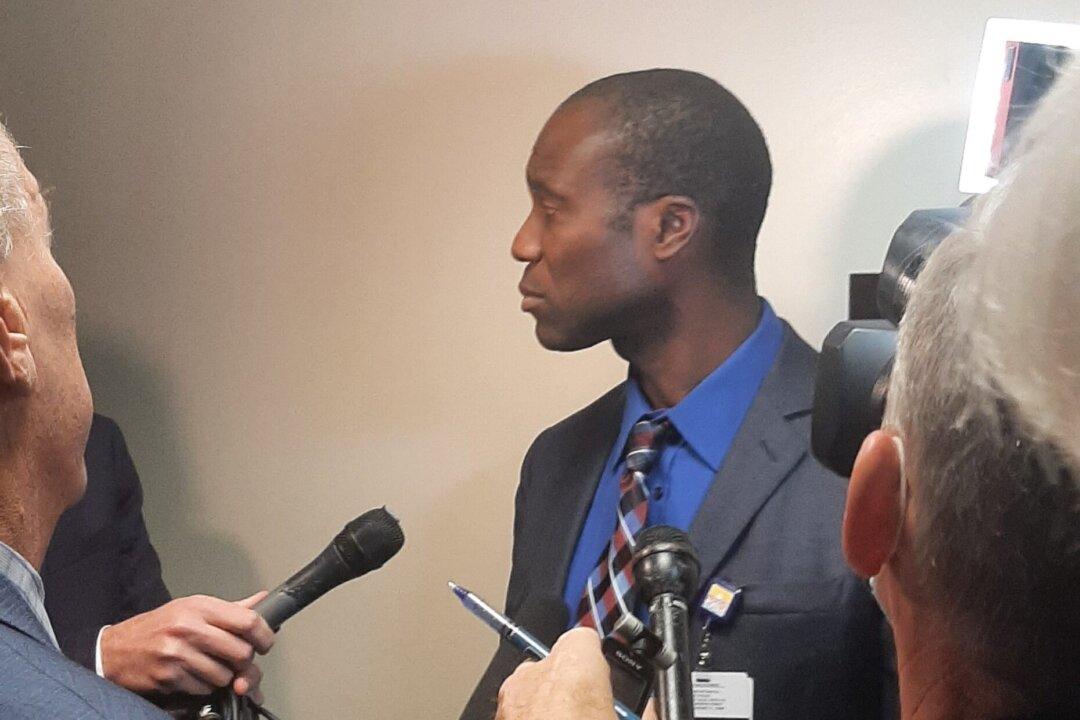Florida Surgeon General Joseph Ladapo is facing criticism after a public record request showed that he had edited a state-commissioned study (pdf) on messenger RNA (mRNA) vaccinations.
According to critics in the medical field, his edits suggest that he was trying to exaggerate the risk of cardiac death from mRNA vaccines in males 18 to 39.





